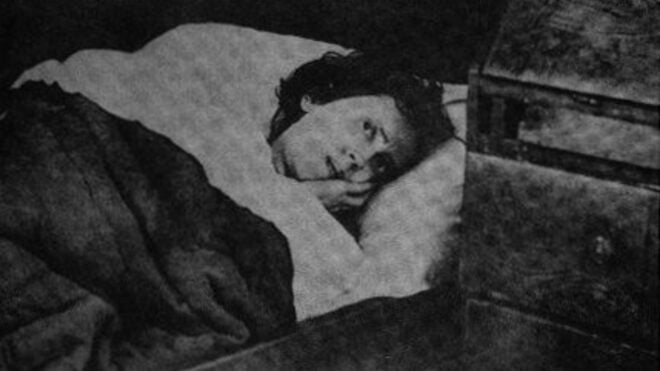One of the best parts of making cookies is eating the raw cookie dough. It's delicious and smooth, and sometimes it tastes even better than the completed cookies themselves.
Unfortunately, raw cookie dough isn't very good for you — and not just because it's full of sugar and fat.
A lot of us know that we shouldn't eat cookie dough, but why? Our moms and grandmas told us not to eat the dough, but then they licked the spoon anyway.
So what's the truth? Is raw cookie dough OK to eat?
Cookie batter is not safe to eat, unless it's made specifically to be eaten raw, like this edible cookie dough with some crazy secret ingredients.
But just knowing that cookie dough isn't safe to eat raw isn't really helpful — we need to know exactly why the CDC is begging people to learn about the dangers of raw dough.
There are actually multiple reasons (it's not just the raw eggs). Read on to find out why exactly cookie dough is unsafe to eat!
Thumbnail Photo: Wikimedia Commons
What Is Raw Cookie Dough?
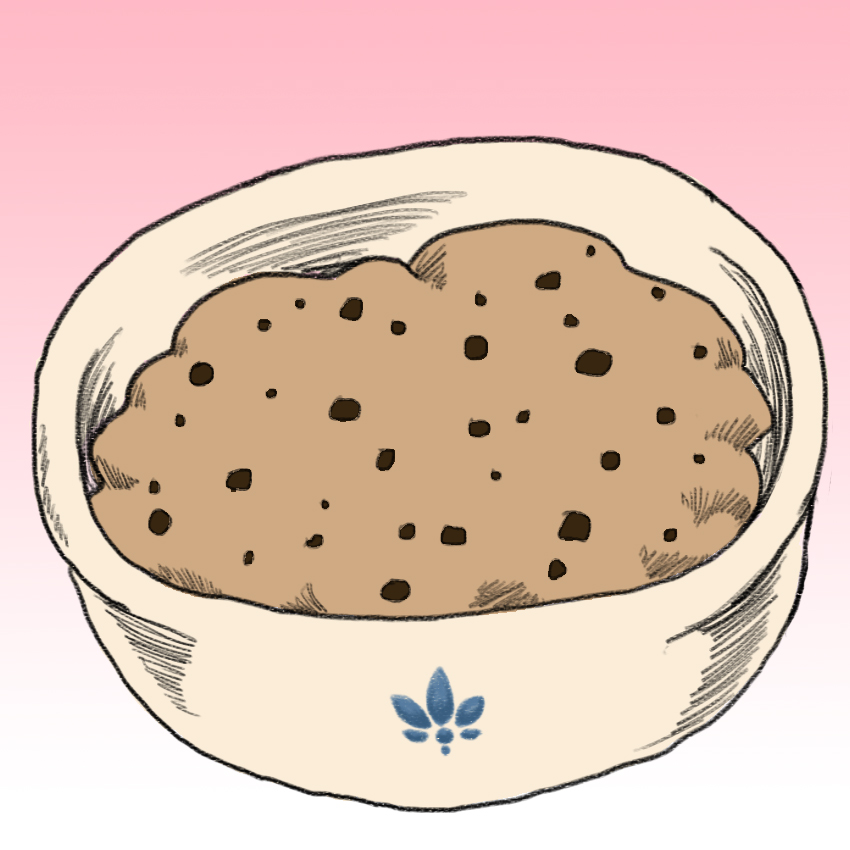
You might think that cookie dough is totally safe to eat, especially if you're using an egg-free recipe or haven't added eggs yet.
Unfortunately, that's not the case. You should never eat any raw baking ingredients.
In fact, raw eggs are just one risky ingredient lurking in your raw cookie dough.
Dangers Of Raw Cookie Dough Danger #1: Raw Eggs
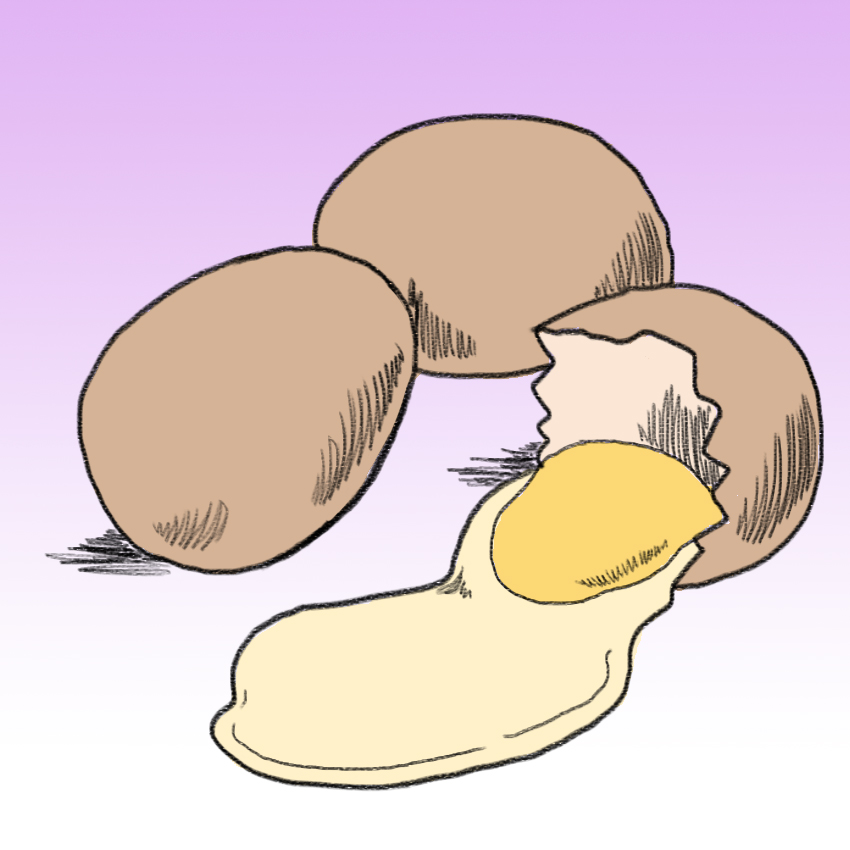
According to the CDC, raw eggs can be seriously dangerous because they may be contaminated with a germ called salmonella.
Salmonella can make you sick if the eggs are undercooked or raw.
Eggs need to be cooked to 160°F to kill the germs and be safe — both the white and yolk should be firm.
Danger #2: Raw Flour
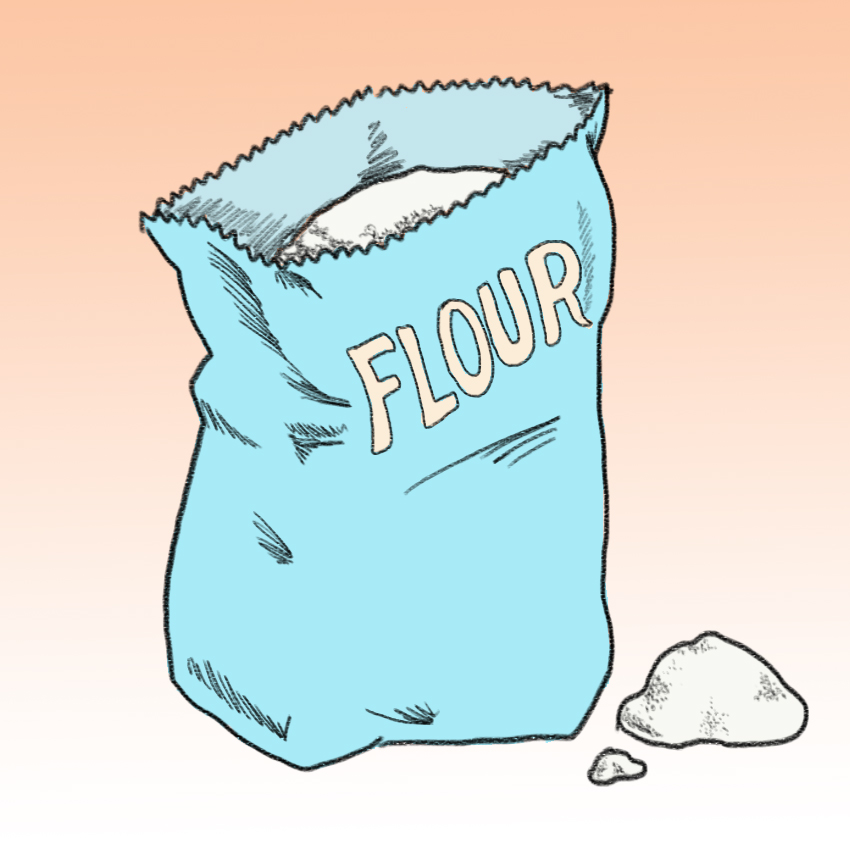
Many people think that the only danger in raw cookie dough is the eggs — unfortunately, that's not the case.
Last year, there was a major recall of flour tainted with E. coli, a bacteria which can cause severe stomach illness and even organ failure.
Raw flour — even if it wasn't recalled — can contain disease-causing bacteria. Typically, flour sold in stores isn't treated, which means it isn't meant to be eaten before first being cooked.
According to the FDA, "consumers should be aware that there are additional risks associated with the consumption of raw dough, such as particularly harmful strains of E. coli in a product like flour."
If you want to make edible cookie dough, look for treated flour.
Impact Of Raw Cookie Dough How Can You Tell If You're Sick?
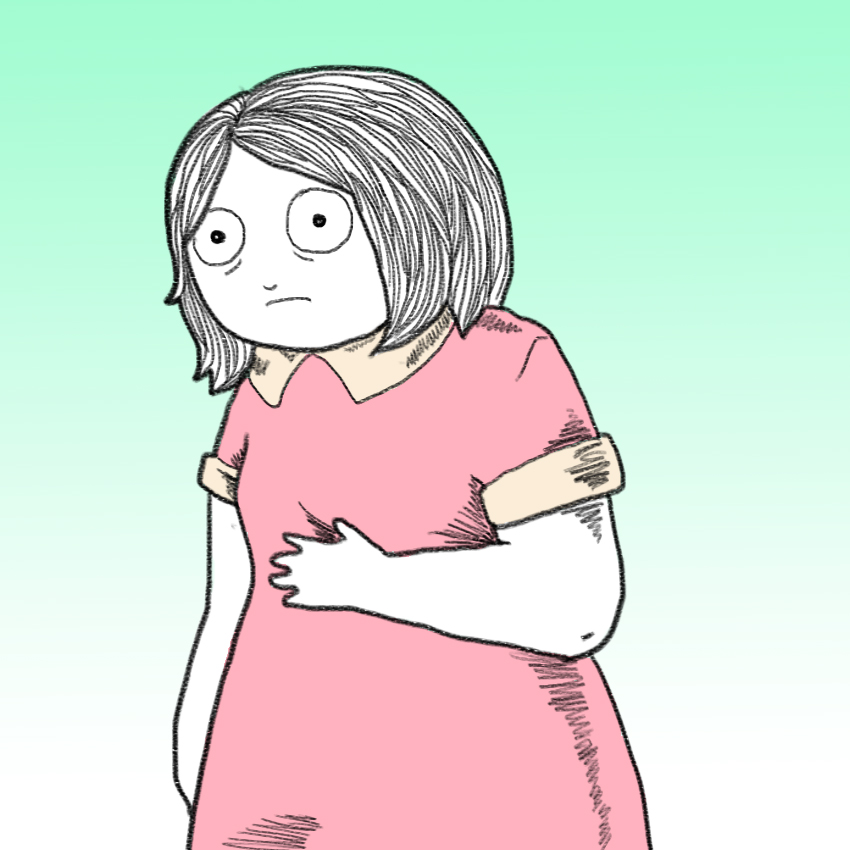
Unfortunately, eating raw cookie dough can make you ill — and not just with a small bout of food poisoning. Salmonella symptoms include diarrhea, fever, and abdominal cramps, and can last for four to seven days. Sometimes, the person will even need to be hospitalized for their symptoms.
E. coli symptoms include bloody diarrhea and abdominal cramps that usually last around a week. Some people experience more severe symptoms, and may even end up with kidney failure.
Who Is At Risk?
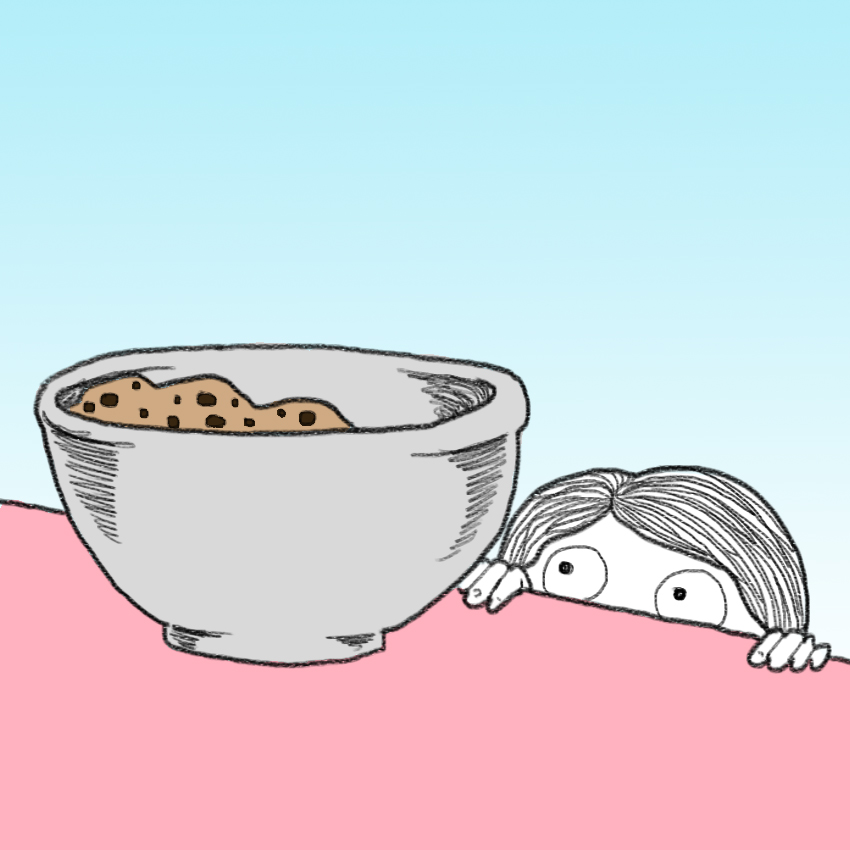
According to the FDA, young children, older adults, and other people with weakened immune systems are at higher risk of getting sick from eating raw cookie dough.
This may be why your mom didn't let you eat cookie dough when you were young, but then still licked the spoon clean herself.
Still, anyone, at any age, can get sick from eating harmful bacteria.
Will A Couple Of Bites Really Hurt You?
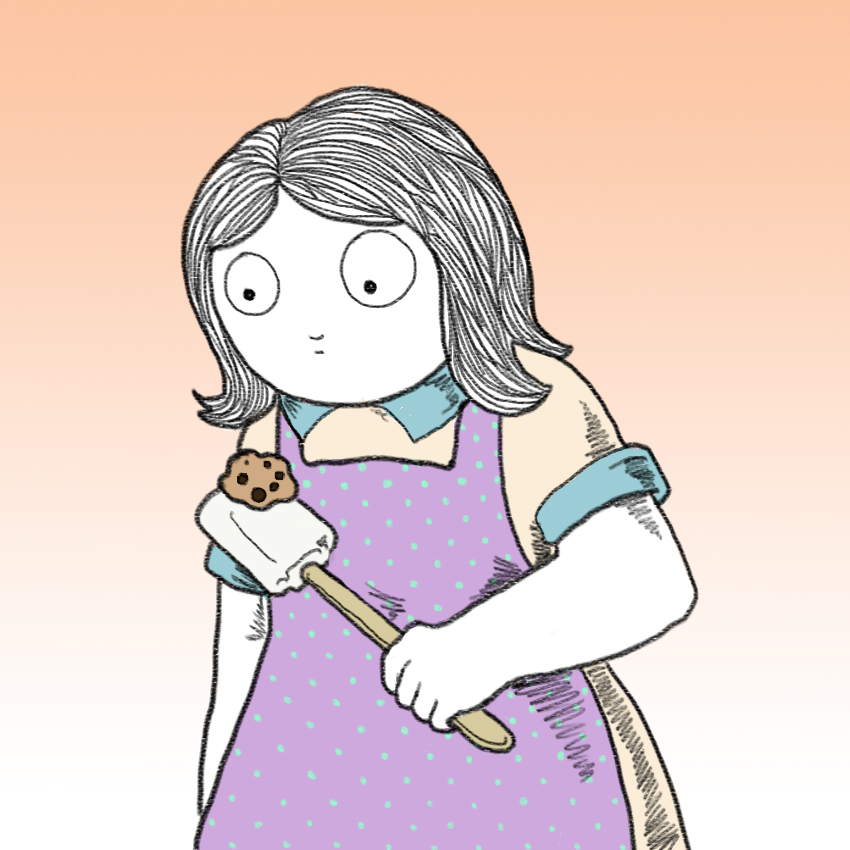
For most people, a couple of bites won't hurt you. Especially for adults who are healthy and have strong immune systems, a little bit of cookie dough probably won't be a big deal.
But with all the possible negative outcomes — diarrhea, nausea, hospitalization — it's definitely better to be safe than sorry.
Even more importantly, by skipping a bite, you're modeling good behavior for any little ones watching.
Prevent Raw Cookie Dough Contamination Prevention Method #1: Don't Eat Dough Or Batter
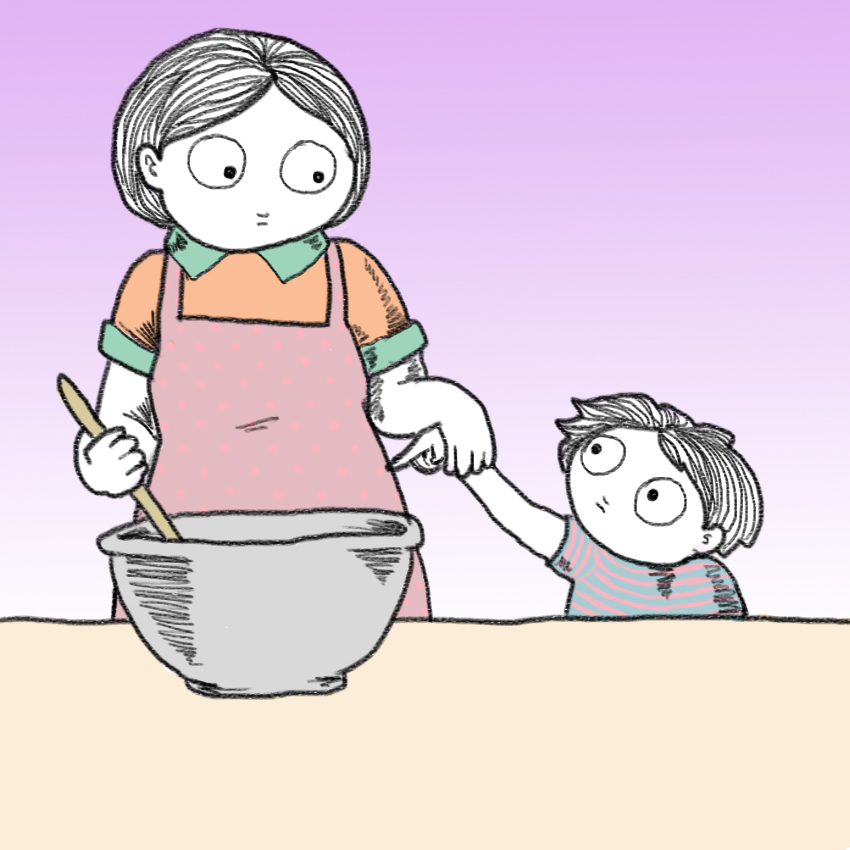
Now that you know the dangers, how can you keep yourself and your family safe?
Well, there are a few simple steps you should take to keep surfaces clean from contamination, and yourself safe from sickness.
First, don't eat raw cookie dough (and don't let your family members eat raw cookie dough).
Prevention Method #2: Follow Package Instructions
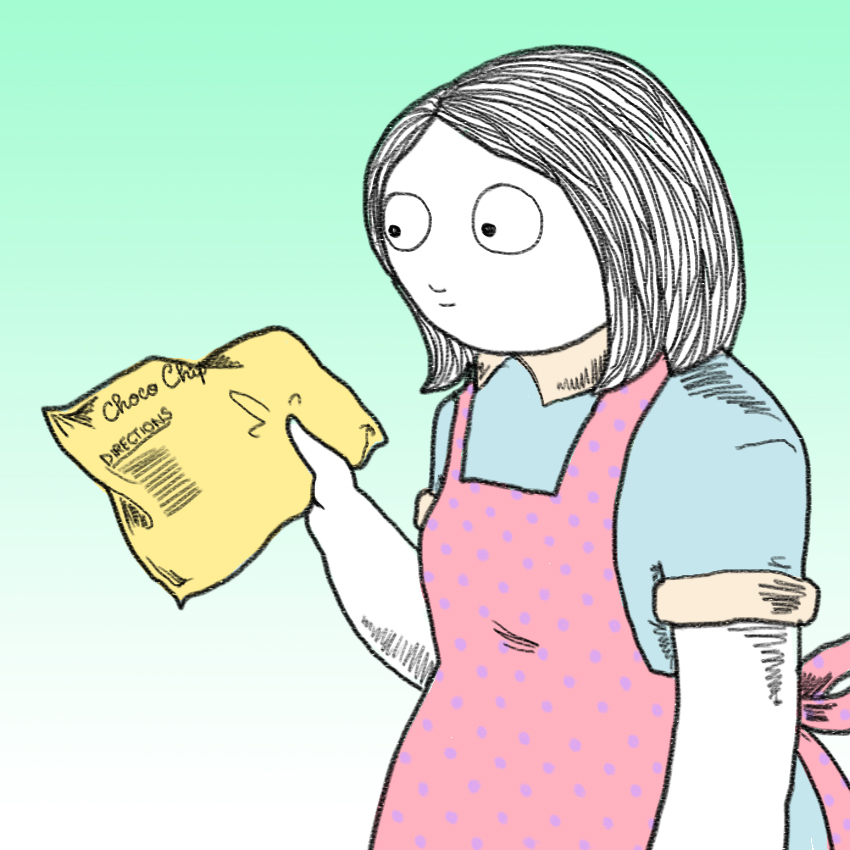
Another thing you should do to keep contamination to a minimum is follow package directions exactly.
Whether you're using premade cookie dough or following a recipe to make cookies from scratch, always follow the instructions — this will keep you healthy and ensure that everything gets cooked all the way through.
Prevention Method #3: Wash Hands And Surfaces
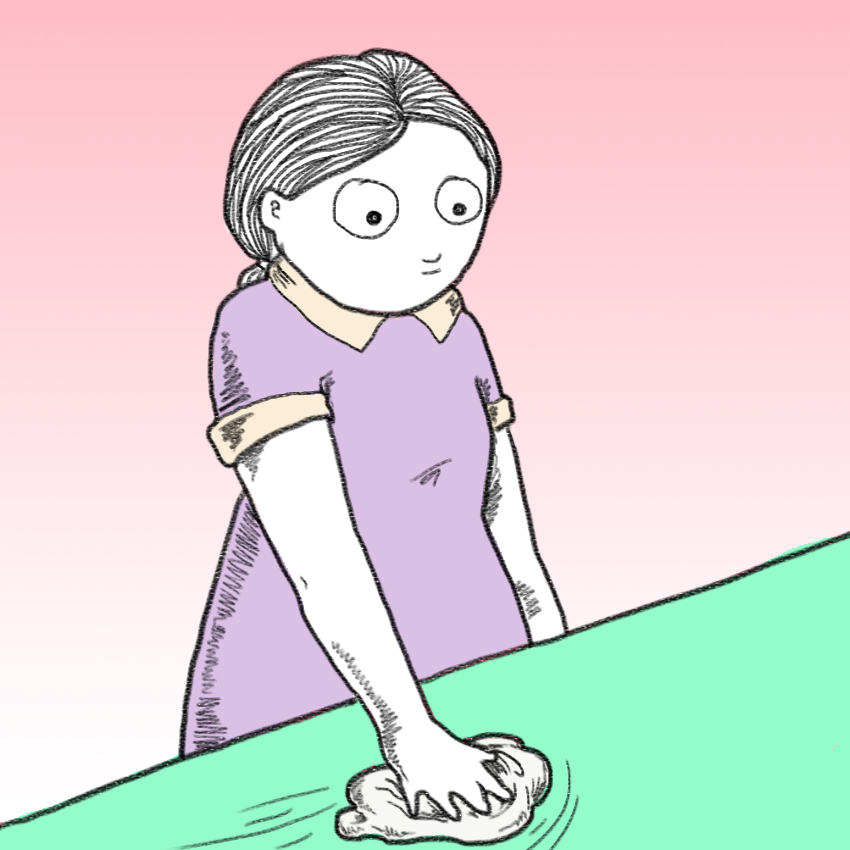
Finally, wash your hands and all surfaces after you're done making the cookie dough.
Another thing many people don't think about is that flour is used in many children's "play" clay — if they play with it, then put their hands in their mouths, they may get sick. Encourage your children and grandchildren's childcare facilities to stop using raw flour when making these doughs or clays.
If you love cookie dough, please SHARE this article with your friends and family!


